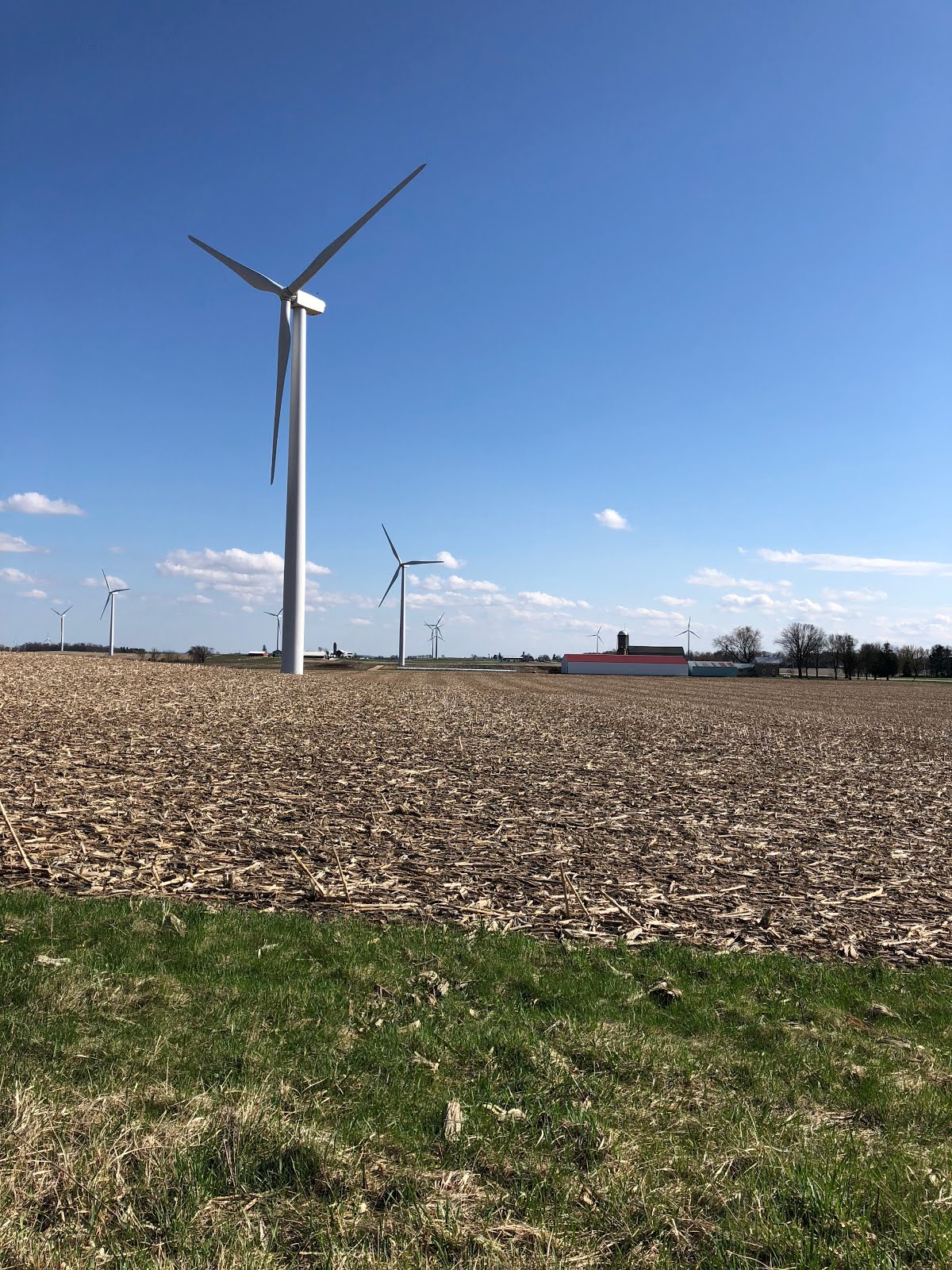More evidence that Wisconsin is climate change denier/outlier
I have been following in great detail my initial discovery about two weeks ago that the Wisconsin Department of Natural Resources scrubbed off a climate change web page all references to climate, including data, links and discussion of the human connections to climate change.
The story moved off this blog to other sites locally and Wisconsin mainstream media, then on to platforms nationally and even internationally, with this framing in the online edition of the British paper The Independent:
So little chance that Wisconsin was going to embrace water policies that would mitigate climate change if Walker and Co. didn't believe in it and didn't want the public to see what the agency already knew about it.
Unlike the other seven Great Lakes, for example, and here are a few specifics:
Want to know how far out of the mainstream Walker and his "chamber of commerce mentality" DNR's dismissal of climate science have taken Wisconsin:
Start with the US EPA's comprehensive climate change website - - unscrubbed - - which is organized around these principles and interest areas that the DNR's webpage now omits or discounts::
Now take a look this new EPA newsletter which touts the latest progress that the states - - well, some states - - are making in water policy and climate change:
Wisconsin, in a state of denial.

The story moved off this blog to other sites locally and Wisconsin mainstream media, then on to platforms nationally and even internationally, with this framing in the online edition of the British paper The Independent:
Officials in US replace science with climate change denial days after Donald Trump's election victoryI have also blogged repeatedly about federal notices to the Wisconsin DNR and Gov. Walker that Wisconsin had accumulated 75 areas of non-compliance with the US Clean Water Act, for which it has come under special scrutiny from the US Environmental Agency and a formal citizens' petition while also fighting the feds' clean water authority and suing the EPA over clean air rules, too.
So little chance that Wisconsin was going to embrace water policies that would mitigate climate change if Walker and Co. didn't believe in it and didn't want the public to see what the agency already knew about it.
Unlike the other seven Great Lakes, for example, and here are a few specifics:
New York: This key climate change page has 18 links across a wide spectrum of topics under "New York Tackles Climate Change."
Pennsylvania: This page among several deals with multiple realities on linked sites:
Pennsylvania is experiencing higher temperatures, increased precipitation, higher numbers of large storm events, decreased snow cover, and changing distributions of some plants and animals, all in response to climate change.
As the caretaker of 2.2 million acres of state forest, 121 state parks, and the state’s primary conservation agency, DCNR has a unique role and responsibility in helping the commonwealth reduce and adapt to climate change and is developing a plan to reduce the impacts on our state forests and parks.
While climate change presents significant challenges, there is much we can do, from managing our forests to sequester an increasing amount of carbon and ensuring that our public lands remain resilient, to helping private landowners and communities reduce their carbon footprint and adapt to climate change.
Minnesota: I'd recently posted information here and here about Minnesota's aggressive approach to confronting climate change, putting neighboring Wisconsin to scientific and programmed change.But wait: there's more:
Want to know how far out of the mainstream Walker and his "chamber of commerce mentality" DNR's dismissal of climate science have taken Wisconsin:
Start with the US EPA's comprehensive climate change website - - unscrubbed - - which is organized around these principles and interest areas that the DNR's webpage now omits or discounts::
Climate Change: Basic Information
State Water Agency Practices for Climate Adaptation
State water agencies across the country are starting to integrate climate change considerations into the Clean Water Act and Safe Drinking Water Act programs they administer.
Short descriptions have been developed of innovative practices that state water agencies are currently implementing to reduce their vulnerability to climate-related impacts and to build resilience to climate change. These select state practices can serve as useful models for other state agencies seeking to make water programs more resilient to climate change. In addition, water resource planners and decision-makers from local and tribal governments and other entities may find these practices helpful.
The practices described are the result of a collaborative effort by the Association of Clean Water Administrators(ACWA), Association of State Drinking Water Administrators (ASDWA), Association of State Wetland Managers(ASWM), and the EPA Office of Water.And, if you go to the state-by-state data base to see Wisconsin's initiatives - - you see zero entries.
Wisconsin, in a state of denial.










No comments:
Post a Comment